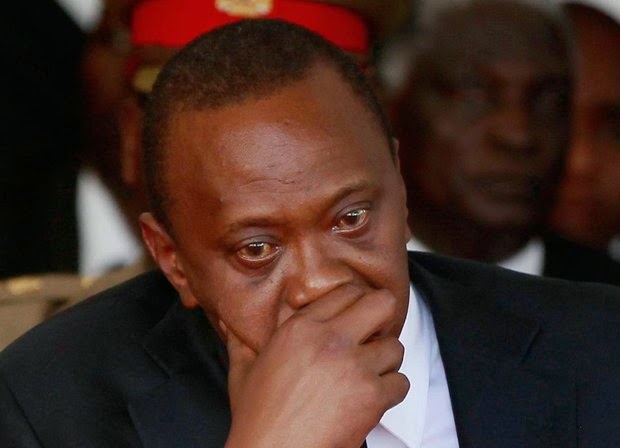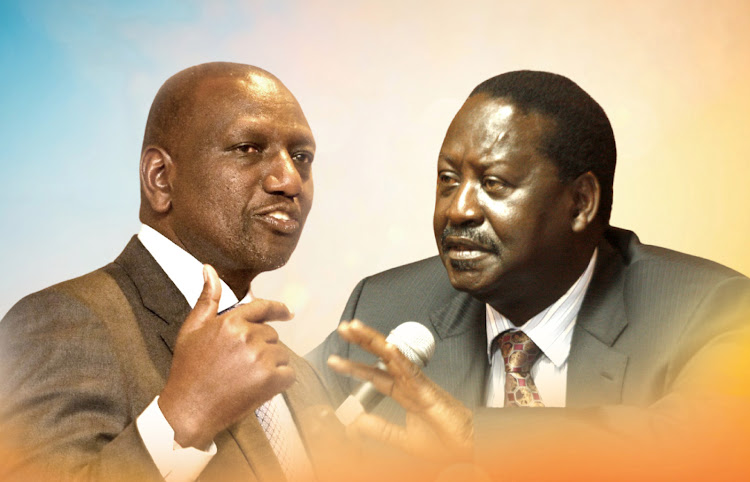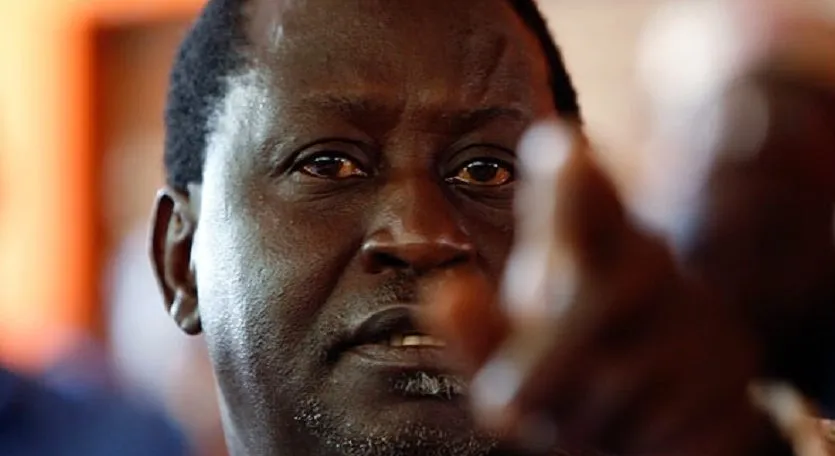In a decade the Jubilee Government has borrowed over Sh766.8 billion in Eurobonds alone and made a single repayment of Sh75 billion.
In addition, the next administration would be required to make two installments of Sh324 billion in inherited debt in 2024 and 2027 during the following five years. If the next administration is elected for two terms, it will pay another Sh226 billion between 2028 and 2032.
In the latest financial sector stability report published last week, the Central Bank of Kenya raised the alarm that too many parastatals are extending begging bowls towards the Treasury just to stay afloat.
Given the debt levels taking up more than 50 percent of revenues, recurrent taxes such as wage bill and sticky expenditures such as a pension, Dr Patrick Njoroge was foreseeing a crisis if the government fails to shore up these companies.
State-owned enterprises had borrowed over Sh100 billion from the banking sector by 2019 from a total of 35 banks extended loans to SOEs/parastatals in December 2019, thus comprising some of the large single borrower exposures.
The banking regulator carried out a stress test in April on the impact of defaults by big borrowers even under the most basic scenario with the current Covid–19 conditions, including existing restrictions and containment measures up to March 2021 and thereafter lifted as the spread recedes.
The CBK said if three big borrowers defaulted for each bank, 18 lenders would land in trouble and require a Sh45 billion bailout.
“The decline in profitability and cashflow problems exacerbates indebtedness and increased reliance (by State-owned enterprises) on fiscal support, thus increasing financial sector vulnerabilities through their participation in the financial sector and government ownership. This raises both fiscal risk and financial stability concerns,” Dr Njoroge said.
Already, the Treasury has rejected proposals from the national carrier Kenya Airways for a fresh bailout of Sh55 billion after it gave KQ Sh28 billion in last year’s budget.
Treasury CS Ukur Yatani has admitted that the State is strained in supporting government-owned corporations and that besides Kenya Airways the next government will need Sh70 billion over five years to bail out 18 State-owned corporations. “The State corporations are facing financial shortfalls or liquidity gaps, 18 corporations have an estimated cumulative financial shortfall of about Sh70 billion annually over the next five year period,” said CS Yatani in a July 2021 press statement on the update of reforms of State corporations.
“This does not include any potential financial support to Kenya Airways which has already received Sh28 billion from the exchequer in the supplementary budget 2020/21 to help it meet its liquidity needs and debt obligations,” he said.
For Kenya Power which is experiencing debt constraints and delays in paying creditors, the State may not have so much leeway as it committed in writing that it will pay the corporation’s debt as a guarantee to independent power producers.
One of its leading private contractors US firm Ormat told shareholders that although Kenya Power was 77 days late in making payments it was confident that the Kenyan firm will clear the receivable since the agreements also contain a support letter from the Government of Kenya that covers certain cases of KPLC non-payment (such as where caused by government actions/political events).
“The company has historically been able to collect on substantially all of its receivable balances. As of June 30, 2021, the amount overdue from KPLC in Kenya was $43.5 million of which $13.2 million was paid during July 2021. These amounts represent an average of 77.2 days overdue. The company believes it will be able to collect all past due amounts in Kenya,” the firm said.
Some parastatals, which have been traditionally strong, have also suffered by the current government policy to sweep everything in their accounts into State coffers including Treasury Bills they held and surpluses collected over years.
Already some State companies are now showing strains with the Kenya Airports Authority (KAA) requesting a cash bailout from Treasury amid piling debt.
The agency’s managing director Alex Gitari said a decision by the Treasury to mop up Sh12.5 billion surplus cash from its coffers in 2019 left it broke and unable to settle supplier debt.
“We are facing a serious cash crisis owing to the decision by the Treasury to recall Sh12.5 billion from our reserves in December 2019. The situation has been made worse by the grounding of airlines due to Covid-19 pandemic and the failure by our debtors to clear their debts,” he added at the function.
The official said KAA has reached out to the Treasury for a bailout to help meet pressing needs, including clearance of pending bills that continue to attract interest as high as Sh12 million monthly.
“KAA position of getting bailed out has been made very clear to the Treasury hence our strategy of operating conservatively to get out of our financial position. But no hope of financial support from the Ministry of Transport and the Treasury has been forthcoming. We are struggling to pay salaries and utilities as we move forward,” Mr Gitari said without providing details on the amount of cash the agency is seeking from the Treasury. Mr Gitari said KAA had been forced to put on hold payments to contractors and suppliers due to financial constraints.
But even as everyone is crying at Treasury doors the taxes trend shows that it is losing out on most traditional categories, which have been overtaxed to ultimate elasticity causing consumers to forego them or seek alternatives.
Almost a third of excise duty collected was drawn from mobile phone airtime after new tax was effected on data and calls last year. The Kenya Revenue Authority collected Sh37.2 billion in mobile airtime out of the Sh102.7 billion collected from Treasury’s soft spot of beer, cigarettes, wines and spirits.
The Kenya National Bureau of Statistics Economic survey noted that total excise revenue collected from locally manufactured commodities and services in 2020 was a decline of 12.1 percent from Sh116.9 billion collected in 2019. Excise revenue levied went down across most of the sub categories with notable declines of 57.6 percent and 31.2 percent in financial transactions and beer categories, respectively thus the concern going forward.














